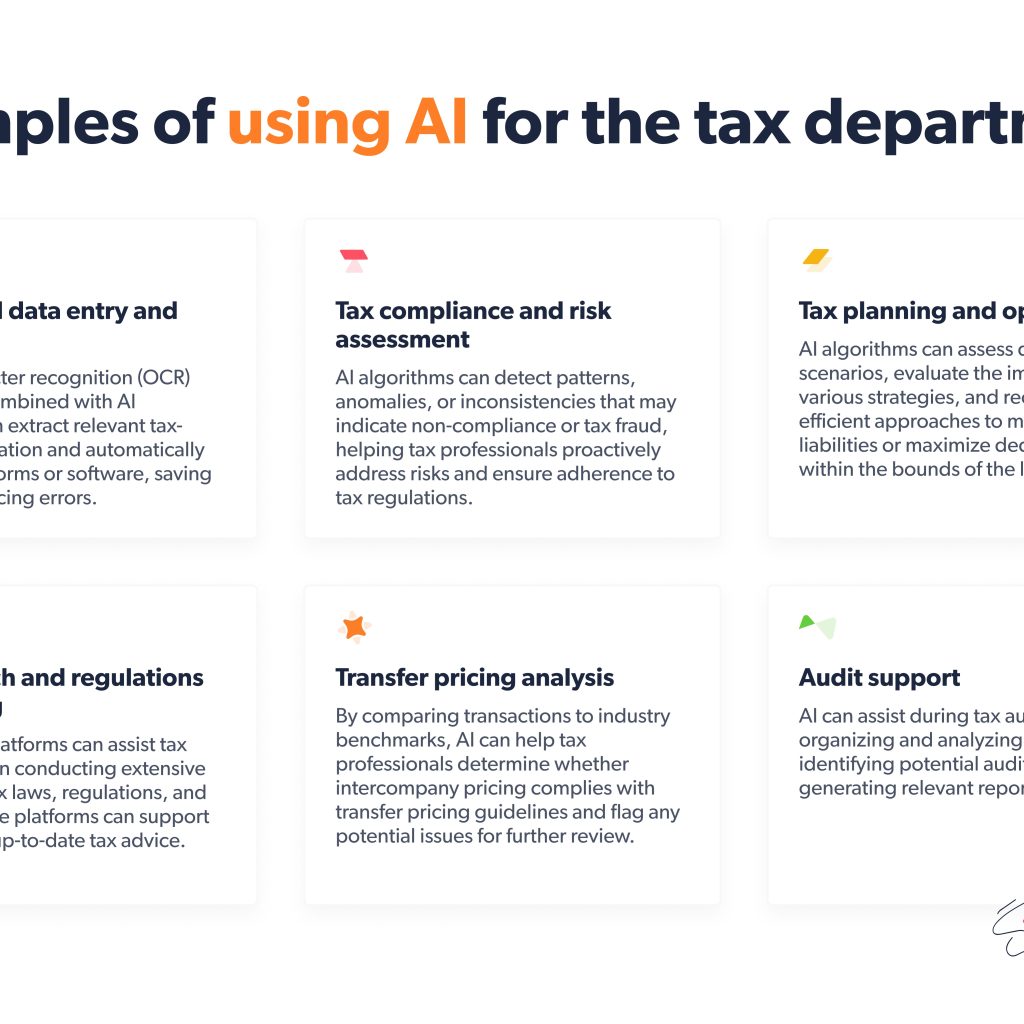Meta, the social media giant formerly known as Facebook, is making bold strides in the generative artificial intelligence (AI) market, taking on established players like Google and OpenAI. With the recent rollout of groundbreaking generative AI features, Meta aims to revolutionize the way advertisers create content and streamline their operations.
Saving time and enhancing creativity
According to an official announcement from Meta, advertisers stand to benefit significantly from their new suite of generative AI tools. Advertisers can expect to save a remarkable five or more hours per week by leveraging these cutting-edge features. This time-saving promise could potentially reshape the advertising landscape.
Meta’s background generator is poised to be a game-changer for advertisers looking to create visually stunning product images. This innovative tool enables advertisers to effortlessly switch between multiple backgrounds, injecting creativity and versatility into their campaigns.
Image expansion: Seamless adaptation to any aspect ratio
The image expansion feature is another compelling addition to Meta’s generative AI arsenal. It empowers advertisers to seamlessly adapt images to fit various aspect ratios, ensuring their content appears flawless across different platforms and devices.
Meta’s text variation feature promises to be a copywriter’s dream. Advertisers can now generate diverse and engaging copy with ease. This tool offers a practical solution to the age-old challenge of crafting fresh and compelling content for ad campaigns.
Gradual rollout with an Australian hiccup
While Meta is eagerly pushing forward with its generative AI offerings, it finds itself embroiled in legal trouble in Australia. Prominent Australian businessman Andrew Forrest has taken Meta to court, alleging that the platform hosted fake cryptocurrency ads featuring him without his consent. Forrest claims that Meta failed to remove these ads despite his repeated requests, raising questions about the platform’s content moderation processes.
In September, Meta unveiled its conversational chatbot, aptly named Meta AI. The chatbot boasts the ability to emulate the personalities of 28 different celebrities and influencers, allowing users to engage in virtual conversations with their favorite icons. However, experts have voiced concerns about the potential implications for user privacy, as AI chatbots like Meta AI gather data from interactions.
Varied user experiences
Despite Meta’s enthusiasm for Meta AI, user experiences have been mixed. Some users have found the chatbot to be less useful than anticipated. An example shared on Twitter highlighted a user’s underwhelming encounter with Meta AI, suggesting that there may be room for improvement in terms of user satisfaction and engagement.
Meta’s relentless pursuit of AI expansion signifies a dynamic shift in the tech industry’s landscape. As generative AI continues to evolve, Meta’s ambitious efforts could reshape how advertisers create content, while also raising important questions about privacy and content moderation. The road ahead promises to be both exciting and challenging for Meta as it endeavors to disrupt the duopoly of Google and OpenAI in the generative AI market.





